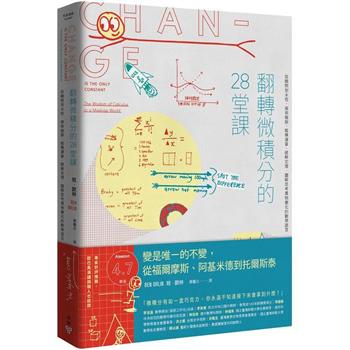Optimization algorithms in machine learning bridge theoretical foundations with practical applications, crucial for refining model performance. Techniques like gradient descent, stochastic gradient descent (SGD), and advanced methods such as Adam and RMSprop optimize model parameters to minimize error and enhance accuracy. Theoretical understanding encompasses concepts like convexity, convergence criteria, and adaptive learning rates, essential for algorithm selection based on dataset characteristics. In practice, implementing these algorithms involves tuning hyperparameters and assessing trade-offs between computational efficiency and model effectiveness across diverse datasets. Recent innovations, including meta-heuristic algorithms like genetic algorithms, further expand optimization capabilities for complex, non-linear problems. Mastering optimization algorithms empowers practitioners to navigate challenges in model training and deployment effectively, ensuring robust performance in real-world applications. This comprehensive understanding supports innovation in machine learning, driving advancements in various fields from healthcare to finance and beyond.
| FindBook |
有 1 項符合
Exploring Optimization Algorithms in Machine Learning: From Theory to Practice的圖書 |
 |
Exploring Optimization Algorithms in Machine Learning: From Theory to Practice 作者:Kinky 出版社:Tredition Gmbh 出版日期:2024-07-01 語言:英文 規格:平裝 / 340頁 / 22.86 x 15.24 x 1.93 cm / 普通級/ 初版 |
| 圖書館借閱 |
| 國家圖書館 | 全國圖書書目資訊網 | 國立公共資訊圖書館 | 電子書服務平台 | MetaCat 跨館整合查詢 |
| 臺北市立圖書館 | 新北市立圖書館 | 基隆市公共圖書館 | 桃園市立圖書館 | 新竹縣公共圖書館 |
| 苗栗縣立圖書館 | 臺中市立圖書館 | 彰化縣公共圖書館 | 南投縣文化局 | 雲林縣公共圖書館 |
| 嘉義縣圖書館 | 臺南市立圖書館 | 高雄市立圖書館 | 屏東縣公共圖書館 | 宜蘭縣公共圖書館 |
| 花蓮縣文化局 | 臺東縣文化處 |
|
|
圖書介紹 - 資料來源:博客來 評分:
圖書名稱:Exploring Optimization Algorithms in Machine Learning: From Theory to Practice
|











